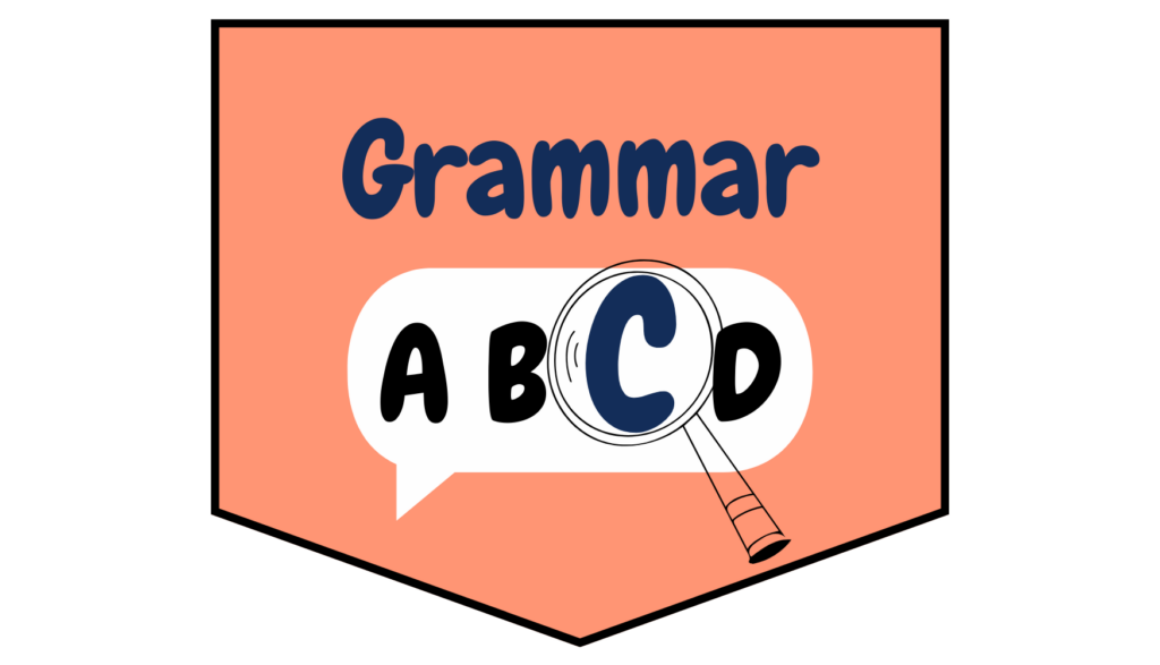Reported Speech
MASTERING REPORTED SPEECH
Welcome to this comprehensive guide on reported speech (also known as indirect speech) in English! Reported speech is how we convey what someone else said without using their exact words. It’s a crucial skill for effective communication, whether you’re summarizing a conversation or telling a story. This blog post will break down the rules for reporting statements, commands, and questions, providing clear examples and engaging activities to help you master this important grammatical concept.
Reporting Statements |
When reporting statements, we generally make changes to the tense, pronouns, and time/place references. The most common reporting verbs are said and told. ‘Told’ requires an object (e.g., He told me), while ‘said’ does not (e.g., He said).
Here’s a breakdown of the key changes:
|
Direct Speech
|
Reported Speech
|
Notice that the word “that” is optional after the reporting verb. Also, time and place expressions often change:
- now → then
- today → that day
- yesterday → the day before / the previous day
- last week → the week before / the previous week
- tomorrow → the next day / the following day
- next week → the next week / the following week
- here → there
- this → that
- these → those
Example:
Direct: “I will see you here tomorrow,” she said.
Reported: She said that she would see me there the next day.
Reporting Commands |
Commands (also called imperatives) are reported using tell + object + to + infinitive for positive commands and tell + object + not to + infinitive for negative commands. The tense doesn’t change in the same way as with statements.
|
Direct Speech
|
Reported Speech
|
Reporting Questions |
Reporting questions involves a few more steps. We use the verbs ask, enquire, want to know, etc. The word order changes from question word order to statement word order.
- Yes/No Questions: Use if or whether.
- Wh- Questions: Use the same question word (who, what, where, when, why, how).
|
Direct Speech
|
Reported Speech
|
Remember to adjust the tense, pronouns, and time/place expressions as needed, similar to reporting statements.
Key Change: Notice how the auxiliary verbs (do, does, did) disappear in reported questions.
Practice Activities |
Let’s put your knowledge to the test! Try converting the following sentences from direct speech to reported speech.
- “I am going to the cinema tonight,” John said.
- “Don’t forget to buy milk!” she told him.
- “Have you finished your homework?” my father asked me.
- “I can help you,” said Sarah.
- “Where did you go on vacation?” they asked.
(Answers below)
And now for the answers:
- John said that he was going to the cinema that night.
- She told him not to forget to buy milk.
- My father asked me if/whether I had finished my homework.
- Sarah said that she could help me.
- They asked where I had gone on vacation.
Conclusion |
Congratulations! You’ve now covered the fundamentals of reported speech in English, including statements, commands, and questions. With practice and attention to detail, you’ll confidently use reported speech in your everyday conversations and writing. Remember to focus on the tense changes, pronoun adjustments, and the specific rules for each type of sentence. Good luck, and keep practicing!
Download the pdf version of this post.
Click on this link to practice “Reported Speech: Statements“.

